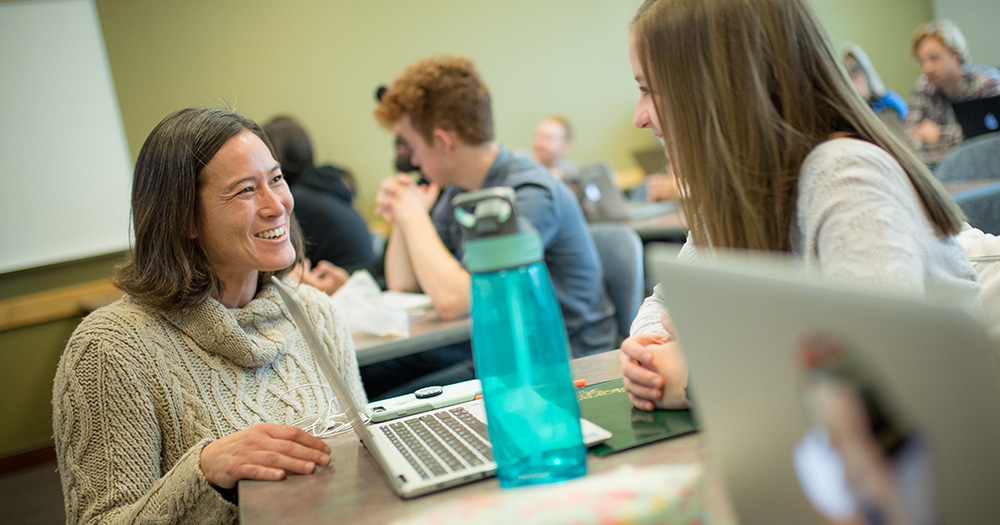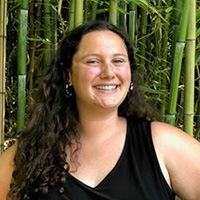
In May 2020, I lost the job I had lined up for the summer due to the pandemic and felt like I was facing an uphill battle finding a job or internship as a new college grad. The uncertainty that comes with approaching the job search is one that every student feels at some point. While I am no expert in the subject on finding your dream job right out of college, I have come a long way in understanding how to think about your college plans and how they apply your future job searches.
With my CSU Communication Studies degree in hand, I ended up finding a copywriting job on a marketing team that promotes tech startups. In this role, I had to learn about technology innovation, the freight-and-supply industry, and banking to be able to write for our clients. Are these industries I learned about in my major or thought I was qualified to write about? No. But was I determined to be a quick learner and ask for help? Did I know how to write well, communicate thoroughly and consider my audience? Absolutely. My studies at CSU prepared me for this career and many others by teaching me the communication skills I’d need to succeed. This have given me some insight into what you might need to think about as you start to think about your career path and the academics that can lead you there.
#1. You major does not have to determine your job.
As a Communications major, I had no idea what job I was “supposed” to look for. In the beginning, I was too focused on finding jobs with titles like “communications manager” and “communications assistant” rather than thinking about the skills I learned in my major that could help me be successful in a variety of positions. I sent applications out to public relations groups, marketing teams, university admissions offices, and nonprofits. While none of these positions had the word “communications” in them, the job descriptions and companies were in areas I was passionate about and had academic experience in.
#2. Make good connections in college, and then use them.
Teachers, supervisors, and bosses are great people to ask for help as you think about your college plans and your future beyond. An “informational interview” is a great way to gather ideas and inspiration for next steps to take in your job-search process. I talked with my professors and supervisors in my part-time job several times about their work experiences and how they ended up in the positions they have now. Having these conversations early on is a great way to navigate the early stages of your academic exploration and can help you decide if careers in that area are for you. Plus, forming these relationships can also be crucial for future jobs that might require professional references.
#3. It’s OK to change your mind.
Throughout my four years at CSU, I had thoughts of being a teacher, an occupational therapist, a student counselor and everything in between. Exposing yourself to different classes, clubs, and extracurricular events on campus will help you become more aware of what’s out there. And, it’s okay to change your mind about what you want to pursue! I have already developed new career goals that differ from my current field. Take it one step at a time and look for ways to make the most out of the jobs or tasks you are presented with.
Overall, I’d say to not be afraid of the post-college job hunt. Enjoy the time you have at CSU to explore, learn new things, and test the waters in classes that might make you wonder about a future in those areas. Join clubs and apply for summer internships to gain experience and find an area that you love. This may take more trial and error for some, but once you find something you’re good at and passionate about, you’ll be excited to start making plans and start looking for the jobs you want.

Natalie is a CSU Communication Studies graduate from Walnut Creek, California. During her time at CSU, she found many ways to make Fort Collins her home, including playing her saxophone in the CSU Jazz Band, joining the Delta Delta Delta sorority and holding leadership positions, volunteering in the community, and joining the Student Ambassadors at the Office of Admissions. In her free time, Natalie enjoys hiking and exploring various nature spots, catching up with a friend over coffee, or making friendship bracelets.
Learn how Natalie chose Communication Studies as her major
Wondering how this successful CSU grad found her path to communication studies? Here’s her story.
